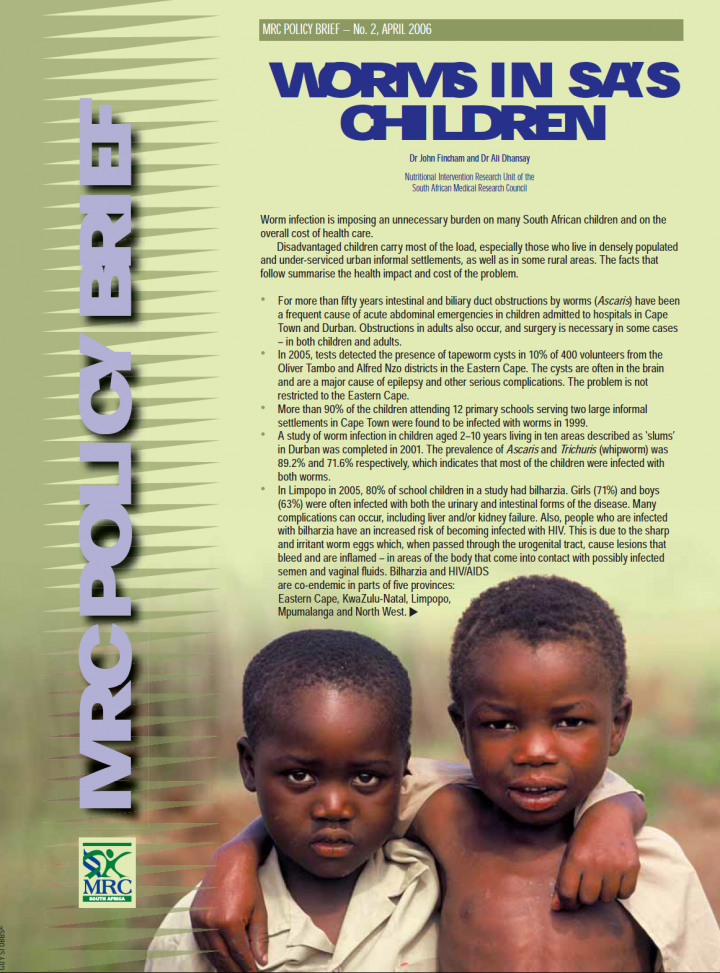To use the Google Translation function we need to know if you agree to use those external service. You can change your settings any time via this
link or the menu item in footer menu. For more information visit our
Data Policy
The automatic translation service in the sidebar on this website is performed by Google Translate, a third-party service which we have no control over. Google collects, stores and processes information to provide users with better services. By using the services of Google Translate you express your explicit consent that your data will be transmitted, stored, processed etc. according to Art. 6 (1) (a) DSGVO/GDPR.

